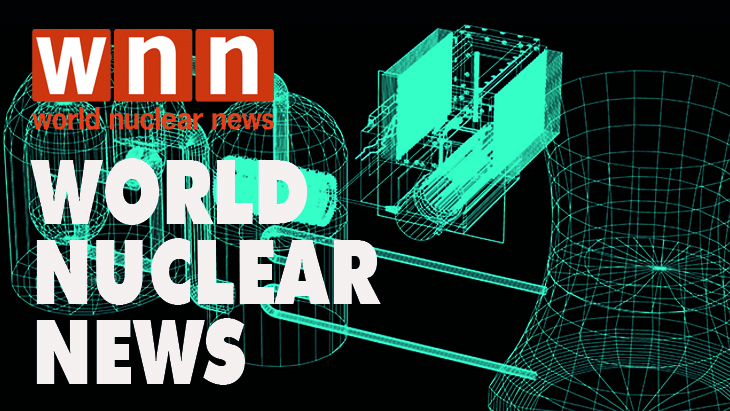The tenth review conference of the NPT had been postponed because of the COVID-19 pandemic, but finally took place at the United Nations in New York from 1 August to 26 August. Representatives of more than 190 countries took part.
President of the review conference, Ambassador Gustavo Zlauvinen, outlines his background and explains what the NPT is and why it is so important. In an interview conducted during the event itself, he outlines the geopolitical pressures it faced, including Russia’s war with Ukraine and US-China tensions over Taiwan.
Describing the NPT as a "grand bargain" he stresses the importance of the "third pillar" of the NPT, the sharing of nuclear technology for peaceful uses. He says that his goal has been for it to be discussed on equal terms with the other pillars, of disarmament and non-proliferation of weapons.
He says there is agreement among all state parties that nuclear technology’s peaceful applications in areas such as medicine and agriculture contribute to the UN’s sustainable development goals. He also says that the nuclear industry has a "fundamental role" to play.
Although the review conference ended without a consensus document - after Russia objected to the wording of the section about the Ukrainian Zaporizhzhia nuclear power plant - Ambassador Zlauvinen says that progress was made during the three weeks.
Deep borehole disposal of nuclear waste
Elizabeth Muller, CEO and co-founder of Deep Isolation, talks about how her background as an environmentalist and concerns about climate change prompted the goal of trying to "solve" the issue of nuclear waste disposal, saying that changing public perceptions would enable faster growth of nuclear power in the future.
She explains the company’s solution, which, in simple terms, is to place it in boreholes deep underground (up to 1.5km) where it can be safely left for many thousands, or even millions, of years.
Muller also outlines the flexibility of Deep Isolation’s system, which means such disposal sites could be at or near nuclear plants themselves, and says that she hopes to have a disposal site up and running within five to ten years. Although that is a tight timetable in terms of getting regulatory approval, she says that it’s not quick in terms of climate change and the urgency of hitting clean energy targets.







_97013.jpg)
_51413.jpg)




